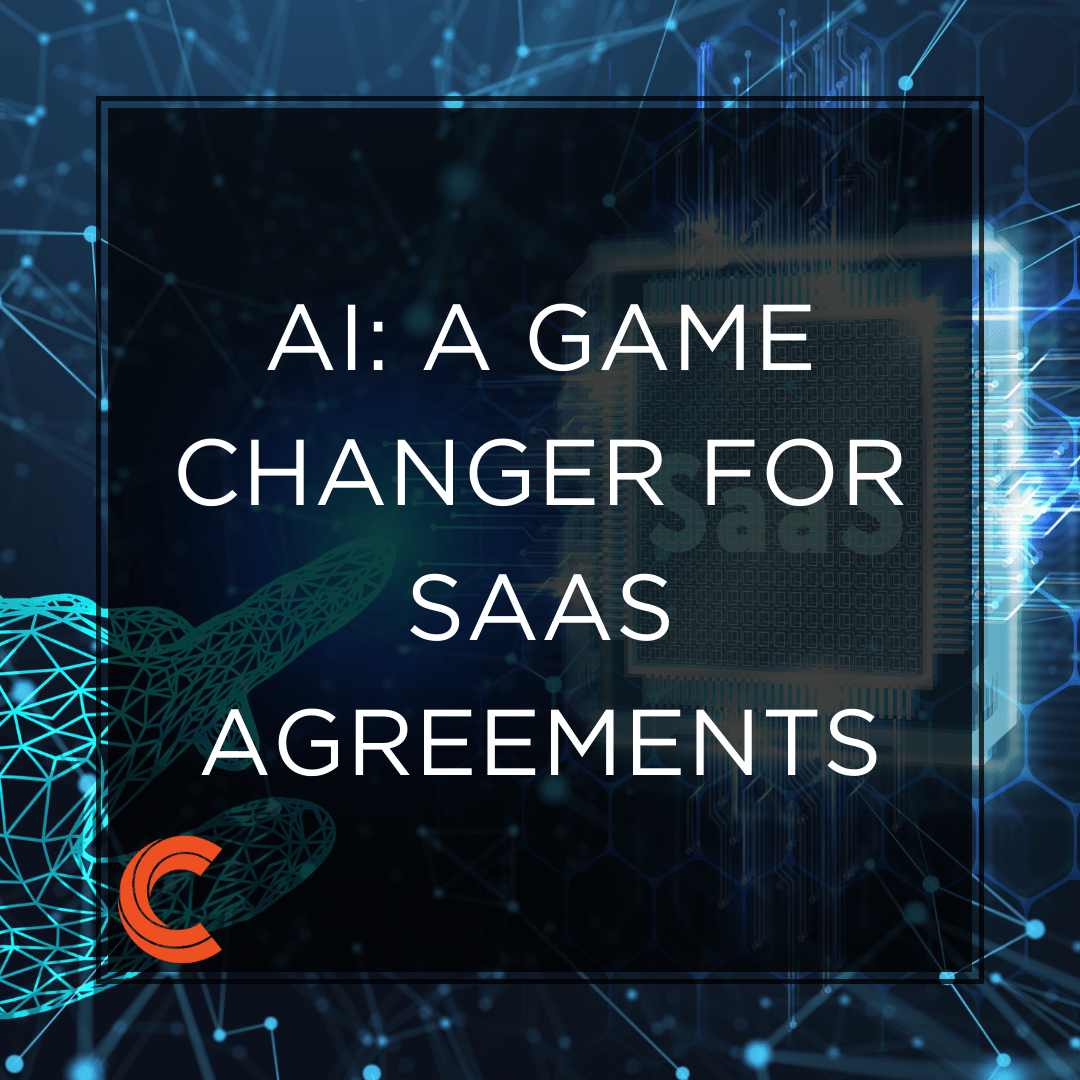In today’s fast-paced digital world, Software as a Service (SaaS) companies must stay ahead of the curve to protect their interests. One of the most significant advancements in legal technology is the use of Artificial Intelligence (AI) in contract reviews. For SaaS companies, ensuring that Terms of Service (ToS) agreements are precise, clear, and free of potential risks is essential. AI-powered tools are transforming how these agreements are reviewed, offering unprecedented speed, accuracy, and efficiency.
The Growing Importance of SaaS Agreements
SaaS agreements are the backbone of any SaaS business. These contracts define the relationship between the provider and the customer, outlining the terms of service, usage rights, responsibilities, and limitations. Inaccuracies or oversights in these agreements can lead to legal disputes, financial losses, and damage to the company’s reputation.
Traditional contract review processes, while thorough, are often time-consuming and prone to human error. Lawyers manually comb through lengthy documents to identify potential issues, a process that can take days or even weeks. In contrast, AI-powered tools can analyze contracts in a fraction of the time, identifying potential risks and ensuring that all necessary provisions are included.
AI and Its Role in Contract Review
Artificial Intelligence in contract review is not about replacing human lawyers but augmenting their capabilities. AI tools use machine learning algorithms to scan contracts for specific clauses, terms, and potential issues. These tools can quickly identify ambiguous language, missing provisions, and other red flags that might be easy to overlook during a manual review.
For SaaS agreements, where the terms of service can be complex and highly technical, AI’s ability to analyze large volumes of text with precision is invaluable. It can spot inconsistencies, ensure compliance with relevant regulations, and highlight areas that may require further negotiation.
Key Provisions in SaaS Agreements
SaaS agreements typically include several key provisions that one must carefully draft and review. These include:
- Service Level Agreements (SLAs)
- Define the expected level of service, including uptime guarantees, response times, and remedies for service failures.
- Data Privacy and Security
- Outline how you will handle, store, and protect customer data, ensuring compliance with data protection laws like GDPR and CCPA.
- Intellectual Property (IP) Rights
- Clarify ownership of the software, any modifications made, and data generated through the service.
- Limitation of Liability
- Limit the provider’s liability for damages arising from the use of the service.
- Termination Clauses
- Specify the conditions under which someone can terminate the agreement, including notice periods and any associated fees.
- Payment Terms
- Detail the pricing structure, billing cycles, and payment methods.
- Governing Law and Jurisdiction
- Identify the legal framework and jurisdiction that will govern the agreement.
Each of these provisions plays a crucial role in defining the relationship between the SaaS provider and the customer. Any ambiguity or omission can lead to disputes and legal challenges.
How AI Enhances the Review Process
AI-powered tools bring several advantages to the contract review process, particularly for SaaS agreements:
- Speed
- AI tools can analyze entire contracts in minutes, significantly reducing the time required for reviews.
- Accuracy
- By scanning contracts for specific clauses and terms, AI ensures that nothing is missed, reducing the risk of human error.
- Consistency
- AI tools apply the same criteria to every contract, ensuring consistency across all agreements.
- Risk Identification
- AI can highlight potential risks, such as non-compliance with data protection laws, ambiguous language, or unfavorable terms.
- Cost-Effectiveness
- By automating much of the review process, AI reduces the time and resources required, lowering the overall cost of legal services.
The Future of AI in Legal Services
The use of AI in contract review is still in its early stages, but its potential is enormous. As AI technology continues to evolve, we can expect even greater accuracy, efficiency, and customization in contract reviews. For SaaS companies, this means more robust agreements, fewer disputes, and greater peace of mind.
However, it’s important to remember that AI is a tool, not a replacement for human expertise. While AI can handle much of the heavy lifting, the final review and decision-making should always involve experienced legal professionals. At Carbon Law Group, we combine the power of AI with our legal expertise to offer cutting-edge contract review services for SaaS companies.
Why Choose Carbon Law Group?
At Carbon Law Group, we understand the unique challenges faced by SaaS companies. Our legal services are designed to provide you with the most accurate, efficient, and cost-effective contract reviews available. Whether you’re drafting new SaaS agreements or reviewing existing ones, we can help ensure that your contracts are clear, precise, and free of potential risks.
We believe in the power of technology to improve legal services, but we also know that technology is only as good as the people who use it. Our team of experienced attorneys is here to guide you through the process, providing expert advice and support every step of the way.
Conclusion
AI is revolutionizing the way contracts are reviewed, offering significant benefits for SaaS companies. By leveraging AI-powered tools, businesses can ensure that their ToS agreements are accurate, clear, and compliant with relevant laws. At Carbon Law Group, we’re committed to helping our clients harness the power of AI to protect their interests and achieve their business goals.





